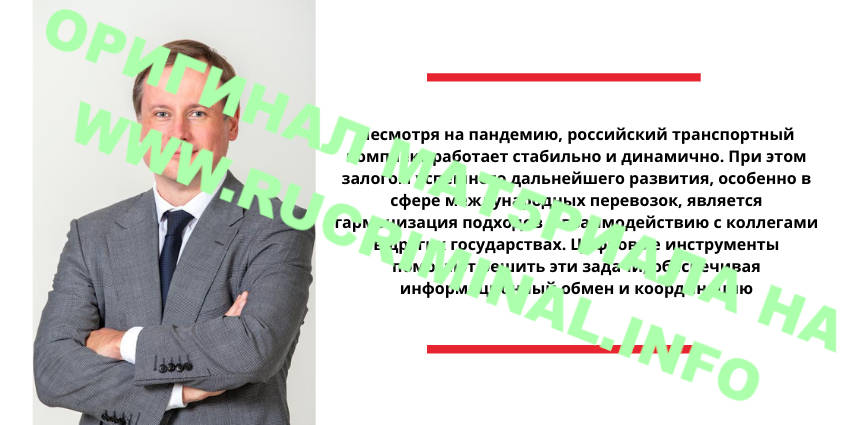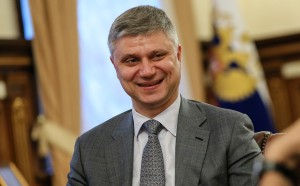Russian Railways (RZD) is a state-owned transport monopoly and one of the largest recipients of budget funds. However, in recent years (2022–2025), the company has found itself at the center of numerous corruption scandals. Schemes for embezzling tens of billions of rubles, procurement abuses, inflated project costs, and abuse of official position for personal gain have been uncovered. The VChK-OGPU Telegram channel and Rucriminal.info continue to report on the policies of General Director Oleg Belozerov and their impact on freight transportation and investment; dubious infrastructure projects (especially those related to the 1520 Group of Companies); the activities of Deputy General Director Sergei Charkin and his role in procurement; numerous violations of Federal Law No. 223-FZ on procurement and the passivity of supervisory authorities; as well as direct and indirect evidence of the involvement of Russian Railways management and affiliated persons in corruption schemes. Corruption in Russian Railways flourished not only at the level of large contracts, but also in the area of procurement and technology, which is supervised by Deputy General Director Sergei Charkin. Charkin is responsible for digital transformation, IT infrastructure and communications, and is in charge of key subsidiaries of Russian Railways: JSC Transtelecom (telecommunications), LLC RZD-Technologies, JSC OCRV (Industry Center for Development of the IT Branch of Russian Railways), etc. It is through these structures that billion-dollar contracts for communications, software, security systems and other technologies for the railway pass - and numerous data indicate the lack of transparency and inflated cost of such contracts. A characteristic feature is the widespread practice of purchasing from a single supplier under the guise of unique services or urgent need. The divisions controlled by Charkin often entered into contracts directly with pre-selected companies, bypassing competitive procedures, as required by Federal Law 223.

For example, as a market participant told the Cheka-OGPU, Transtelecom purchased telecom equipment for Russian Railways at prices 20-30% higher than market prices, justifying this by the exclusivity of the supplier. Similarly, RZhD-Technologies and OCRV placed large orders for software development with affiliated IT companies without a tender - the amounts of such contracts amounted to hundreds of millions of rubles, and the results were sometimes questionable.
Thus, one of the projects to create a "unified digital platform for Russian Railways" was delayed and doubled in price from the original estimate, but the regulatory authorities did not intervene, despite obvious signs of violation of procurement legislation. The systemic nature of the problem is also confirmed by official figures. According to the Investigative Committee, in 2023 alone, 143 criminal cases of corruption were opened against employees and officials of Russian Railways (111 persons have already been held accountable). A significant portion of these cases are related to procurement crimes - kickbacks, price gouging, collusion with suppliers. Individual episodes broke out all over the country: either the head of a track section was caught taking a bribe for accepting poor-quality work, or the head of the procurement department was caught in "internal" contracting for his company. The geography - from the Volga Railway to the Far East - suggests that the violations are not isolated, but systemic.
As Rucriminal.info found out, in most cases, the scheme is the same: an official of Russian Railways organizes the conclusion of a contract with a specific company (often through acquaintances or controlled firms), the contract amount is artificially inflated, the difference is returned to the interested parties as a kickback. For example, in November 2024, the transport prosecutor's office uncovered the fact that a branch of Russian Railways purchased a batch of equipment at a price almost twice the average market price - the extra money settled in the accounts of an intermediary associated with one of the branch directors. Such stories are no longer a rarity; rather, they have become a typical business process of corrupt middle managers. The role of Sergei Charkin in many such schemes is assessed critically by experts. As the curator of the IT and telecom direction, he, at least, allowed a situation of uncontrolled spending and lack of transparency. And a number of investigations hint that some supplier companies may be affiliated personally with Charkin or his entourage. For example, consultants and contractors who had previously worked with Charkin in other organizations were actively involved in the sphere of Russian Railways digital projects - and contracts with them were concluded on an exclusive basis. Charkin has not been formally charged, but circumstantial evidence suggests that he may have been aware of what was going on. In any case, during his tenure as head of the IT unit, there was not a single case recorded of him initiating an investigation into a dubious purchase or questioning the price of a contract with a single supplier. On the contrary, it seems that such a model of work has become tacitly encouraged: the key is to spend allocated budgets quickly, even if at the same price of overpayment. The rest is the "internal matter" of the performers.
To be continued...
Denis Zhirnov
Source: www.rucriminal.info






